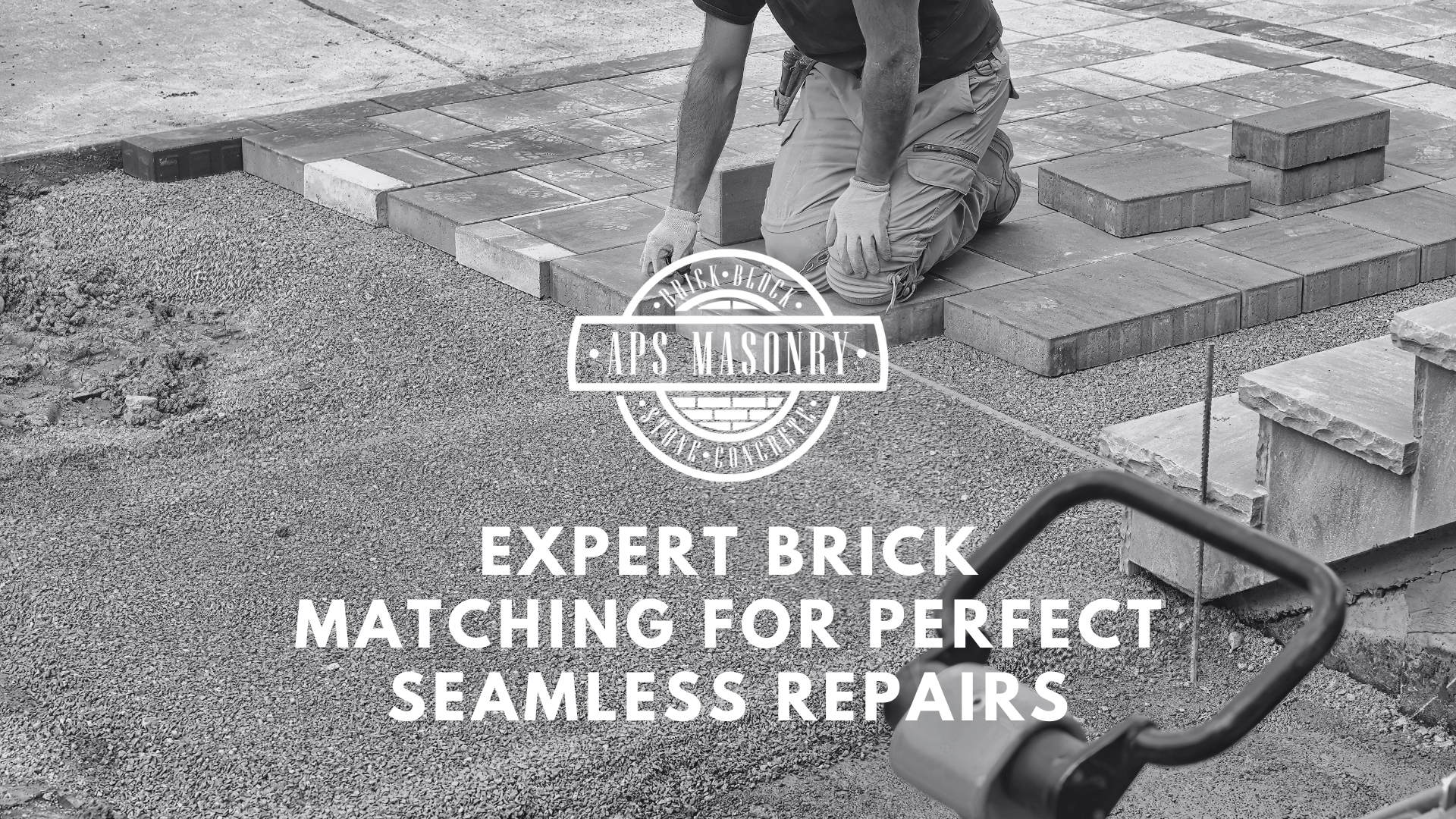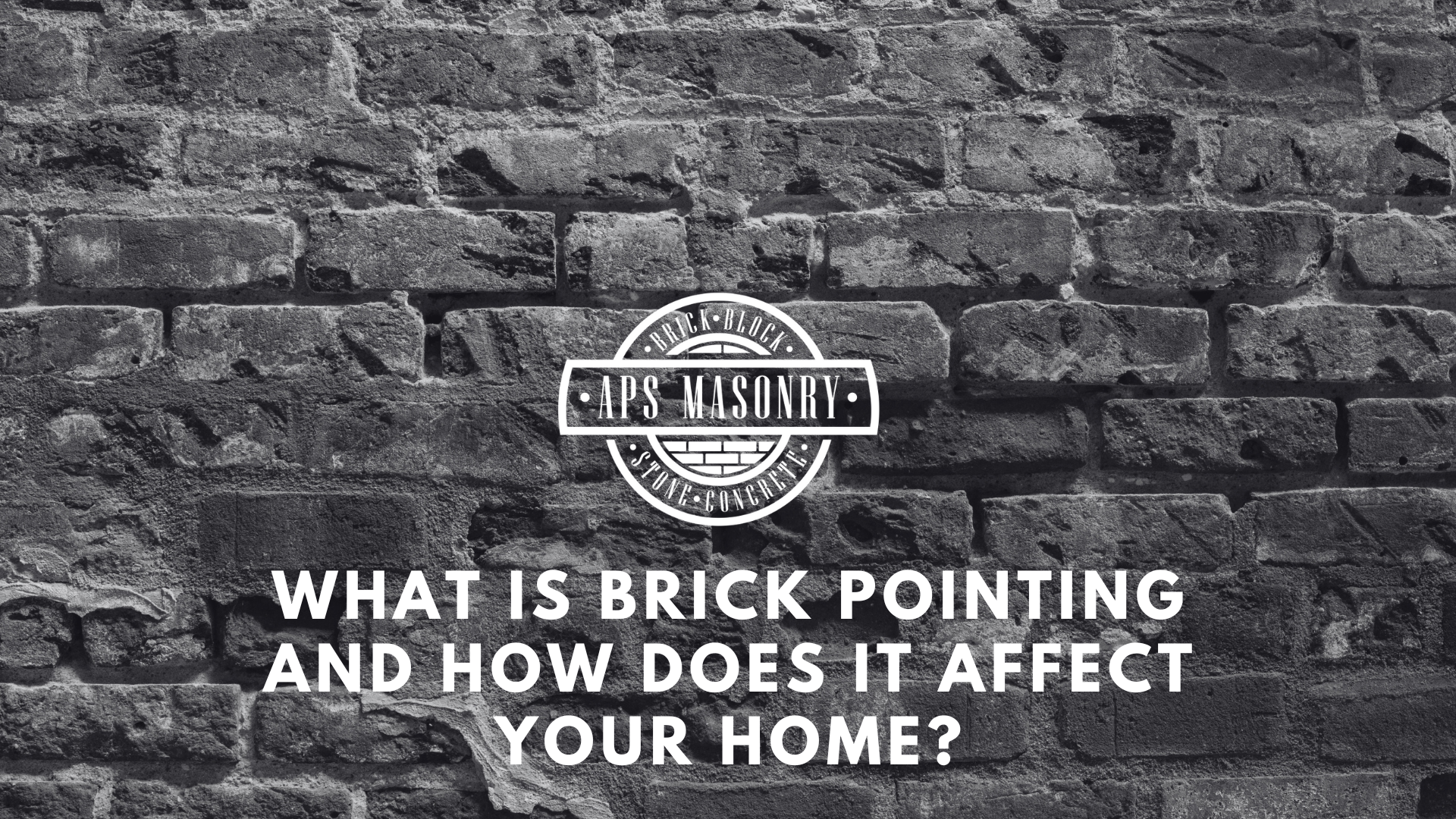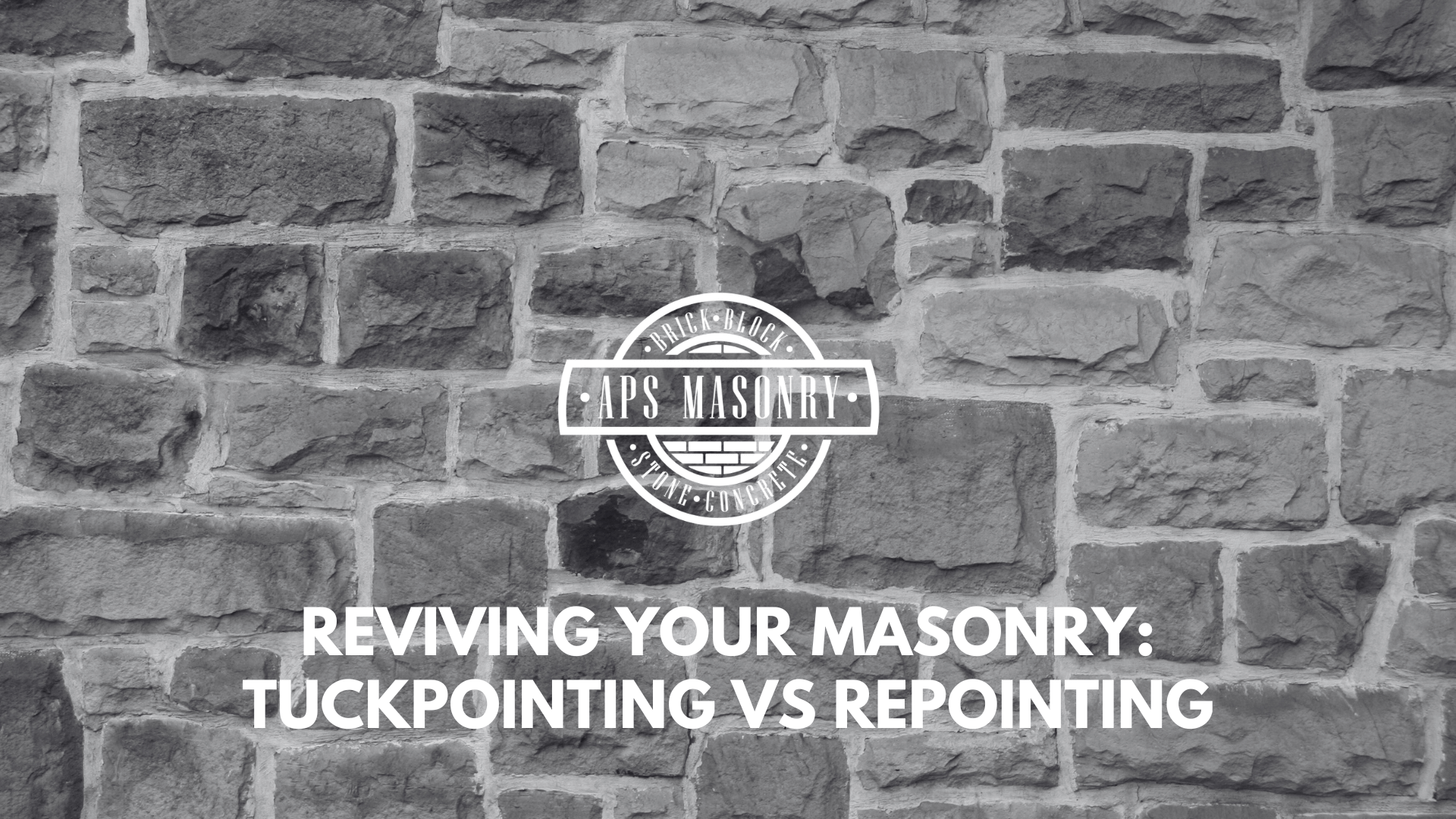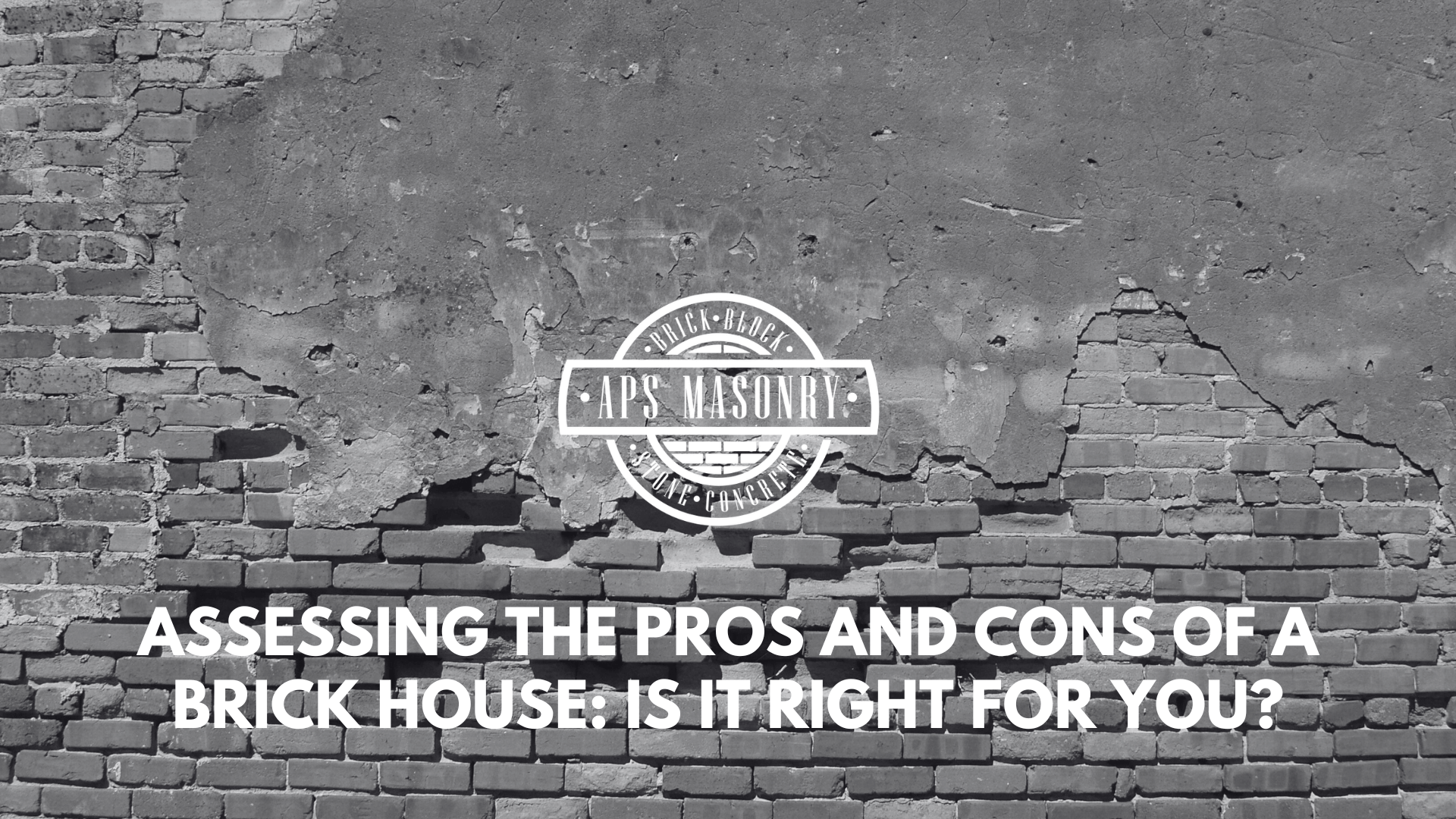What Is Brick Pointing and How It Protects Your Home
Brick-pointing is very important for maintaining the structural integrity and beauty of your home. This process involves repairing and filling the...

Are you facing the challenge of matching bricks for repairs? Whether you're working on restoring a historic building or blending new bricks into an existing wall, getting the right brick match can make or break the appearance of your project. But don’t worry, with the right approach, you can achieve a seamless and natural finish that not only looks amazing but lasts for years.
In this guide, we will walk you through expert tips on everything from selecting the perfect brick size and color to using brick tinting techniques for the ultimate brick match. Whether you're using reclaimed bricks for authenticity or modern bricks for flexibility, we’ll help you achieve flawless results. Ready to learn how to make your masonry repairs look like they’ve always been there? Let’s get started!
Matching bricks is a delicate process that requires precision. A poorly matched brick can spoil the aesthetics of your masonry structure and even weaken its integrity. To guarantee your brick repair or construction project looks natural and blends perfectly, follow these tips:
When matching bricks, size should be your top priority. Brick sizes vary slightly, and even a difference of just 1/8 of an inch can lead to issues. Mismatched brick sizes cause irregular walls, making the final brick wall appear uneven and unprofessional. Always make sure the modular size brick wall you're building uses bricks that are the same size as the originals, as any variations in size can affect the bonding, joint spacing, and overall alignment of the wall. Confirming a perfect size match is the foundation of a successful brick match.
While exact color matching isn't always necessary, it’s important to blend bricks in a way that looks natural. To create an attractive blend of new and old bricks:
Incorporating these tips will simplify the color matching process, even for difficult jobs involving different brick batches from the same plant or brick manufacturer.
The texture of your bricks plays a big role in providing visual harmony. From smooth to rough finishes, even subtle variations can be noticeable when viewing up close. If you're working with patterned bricks or textured surfaces, matching the texture of the original bricks is key to making the new brick wall look like a seamless extension of the existing one.
Texture also affects how light hits the masonry surface, which can change how the final color appears. This is why it’s vital to match both the color and the texture for a truly cohesive look. If texture differences are noticeable, consider using masonry cosmetics or proven masonry stains to create a more uniform surface.
Get to know the types of bricks available with our handy guide.
Before committing to the final product, always build a test panel to see how the matching bricks interact in real-world conditions. This will allow you to:
By taking these steps and testing different solutions, you can avoid costly mistakes and guarantee a successful outcome.
Finding the right match for your bricks can be a tricky process, especially when original bricks are discontinued or unavailable. Flexibility and ingenuity are key to ensuring a successful brick match. Whether you're working with existing masonry or starting a new project, here are some options to consider if your original brick is no longer available:
If you're aiming for an authentic look, reclaimed bricks are often the best choice. These bricks, sourced from demolished structures, provide a nearly exact match for older buildings and help maintain the natural aging of the existing wall. Here’s why reclaimed bricks are a solid option:
However, it's important to choose trustworthy suppliers to guarantee the quality of the raw materials and make sure the bricks meet your durability needs. Even a slight variation in the same size can lead to noticeable differences in the final outcome.
If reclaimed bricks are not available, new bricks are an excellent alternative for brick matching. Advances in brick manufacturing have made it easier to find bricks that match older masonry. Here’s how new bricks can work for your project:
For projects where exact matches are challenging, modern brick manufacturing processes can replicate the look of original bricks, making it easier to achieve a uniform appearance.
When it’s difficult to find an exact color match, brick tinting is a powerful solution. This technique involves using specially formulated masonry stains to adjust the color of bricks without altering their texture. Here's why brick tinting works:
Matching bricks can be challenging due to variations in size, color, and texture, but following these tips will help with a seamless brick match:
Always make sure that the bricks meet industry standards, especially for frost resistance. If using reclaimed bricks, make sure they’re used internally if they lack frost resistance to avoid weather damage. This helps maintain the durability of your masonry structure.
When using reclaimed bricks, account for up to 30% wastage due to their variable condition. New bricks typically have lower wastage, so planning ahead will prevent material shortages and keep your project cost-effective.
When you can't find an exact color match, brick tinting is an effective solution. Tinting a slightly lighter brick using a proven masonry stain system helps blend it seamlessly into the existing wall, ensuring both color and texture are preserved.
Don’t forget the importance of mortar matching. It makes up over 15% of the visible surface, so a close mortar match guarantees that your new brick wall looks cohesive with the existing masonry.
When deciding whether to match brick color or texture first, prioritize color. Mismatched colors, like different shades of red or orange bricks, are more noticeable from a distance, while slight texture variations are less obvious. Start with color matching, then fine-tune the texture to confirm your masonry façade looks cohesive both up close and from afar.
Finding the perfect brick match doesn’t have to be difficult. At APS Masonry, we offer brick matching, repairs, and installation services that promise seamless results. Whether you’re restoring an existing wall or working with new bricks, our team will handle every detail with precision. We specialize in reclaimed bricks, brick tinting, and proven masonry staining systems, making sure that your project not only looks great but stands the test of time.
Founded by Alec Serowatka, APS Masonry Contracting was built on a foundation of passion for construction and a commitment to excellence. With over 10 years of hands-on experience, Alec has created a company known for its attention to detail and strong client relationships based on trust and superior service.
Contact APS Masonry today for a free, no-obligation estimate and let us bring your vision to life with our expert brick services.
To create a natural-looking blend of bricks, start by selecting bricks with similar sizes, colors, and textures. For older projects, consider using reclaimed bricks or new bricks that match your existing structure. If an exact match isn’t possible, you can incorporate proven masonry staining to adjust the color of newer bricks to make sure that they blend seamlessly with the originals.
Matching bricks can be a difficult job, especially when dealing with older buildings or discontinued brick lines. The challenge often lies in finding the right combination of size, color, and texture. Using a proven masonry staining system can help solve color discrepancies, making the process easier and the result more uniform.
Brick manufacturing involves selecting raw materials, shaping the bricks, and then firing them at high temperatures. Differences in the manufacturing process between older and newer bricks can lead to variations in color, texture, and size. Understanding how bricks are made can help you make better decisions when sourcing or selecting bricks for a repair project.
Absolutely! Incorporating proven masonry staining is one of the best ways to adjust the color of your bricks without affecting their texture or durability. This technique allows you to match newer bricks to older ones, creating a cohesive finish that looks natural and stands the test of time.

Brick-pointing is very important for maintaining the structural integrity and beauty of your home. This process involves repairing and filling the...

In masonry, two important techniques maintain and restore the charm and stability of brick structures: tuckpointing and repointing.

Thinking about a brick home? Our article helps you decide. Brick homes are strong, need little maintenance, and save on energy costs, boosting your...